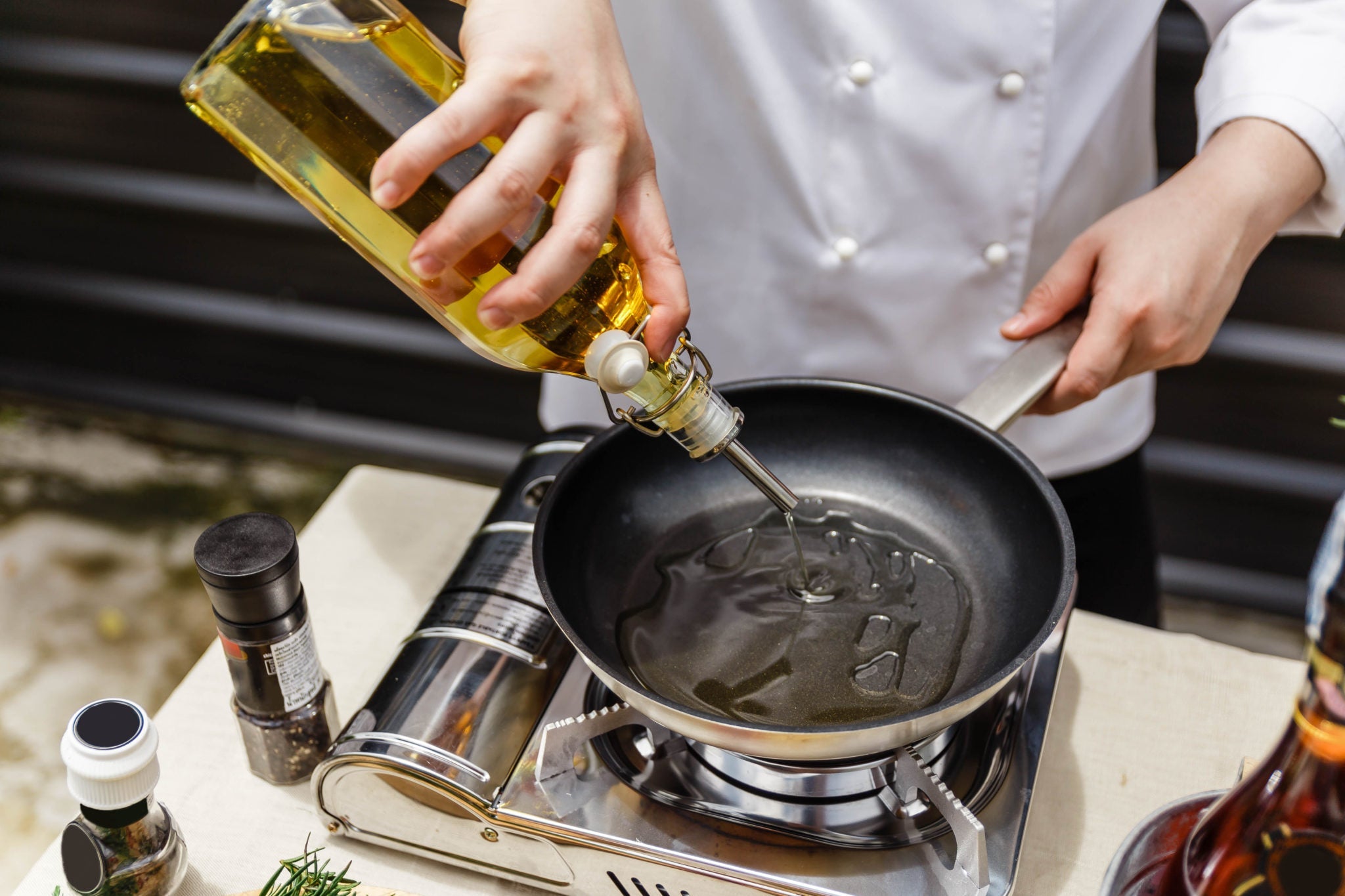What Happens if You Eat Expired Olive Oil? Heres What to Know
In the world of cooking and beauty, olive oil is often esteemed for its amazing health benefits and rich flavor. However, one pressing question often arises among beauticians and culinary enthusiasts alike: what happens if you eat expired olive oil? This comprehensive guide delves into this intriguing question while addressing the potential risks and benefits of consuming this popular ingredient.

The Magic of Olive Oil
Olive oil is not just a staple in Mediterranean cuisine; its become a worldwide favorite among health and wellness enthusiasts. It's loaded with healthy fats, antioxidants, and various vitamins. When it comes to skincare and beautification, it is revered for its moisturizing properties. It provides nourishment not only through ingestion but also through cosmetic applications.

Understanding Olive Oil Expiry
Every food product comes with a shelf life, and olive oil is no exception. It is crucial to understand the factors that lead to the spoilage of olive oil:
- Oxidation: Once exposed to air, olive oil can quickly oxidize, which diminishes its quality.
- Light: UV light can break down the compounds in olive oil, making a dark cupboard vital for storage.
- Heat: High temperatures can also lead to rancidity; its best stored in a cool, dark place.
As it ages or becomes improperly stored, olive oil will begin to lose its flavor, aroma, and health benefits. You might wonder what that means for its safety if it goes beyond its prime.

The Risks of Consuming Expired Olive Oil
Now, let's consider what happens if you eat expired olive oil. The immediate effects may not be profound but could manifest in several ways:
- Rancidity: Consuming rancid olive oil might not be harmful in the short term, but it can lead to unpleasant tastes and smells, making your dish unpalatable.
- Digestive Issues: Some people may experience mild stomach upset or nausea after consuming expired oil.
- Nutritional Loss: The nutrients in olive oil, including fatty acids and antioxidants, can degrade over time, diminishing any health benefits.
In rare cases, if the oil was contaminated or improperly processed, you might experience more severe symptoms. Always check for off-odors, unusual colors, or a strange taste before consuming any oil.

How to Determine Freshness
So, how can you tell if your olive oil is still good to use? Here are some tips to ensure you are consuming quality oil:
- Check the Date: Always look for the harvest or pressing date on the bottle. Freshness is key!
- Smell Test: Fresh olive oil should have a grassy, fruity scent. If it smells musty or rancid, it has likely spoiled.
- Taste Test: A simple taste can tell you a lot. Fresh olive oil should taste peppery and vibrant, while expired oil will taste flat or off.
Understanding the freshness of your olive oil can save you from unexpected health issues and enhance your culinary experience!
Benefits of Olive Oil
Despite the risks associated with expired olive oil, its essential to highlight the numerous benefits this golden liquid offers:
- Heart Health: Olive oil is known for promoting cardiovascular health thanks to its monounsaturated fats.
- Skin Care: It can serve as an excellent moisturizer, helping to soothe dry skin and improve its texture.
- Anti-Inflammatory Properties: The antioxidants found in olive oil contribute to reducing inflammation.
Thus, if consumed fresh, olive oil can significantly enhance your overall well-being, contributing to a healthy diet and skincare routine.
Storing Olive Oil Properly
To maintain the quality of your olive oil for as long as possible, consider the following storage tips:
- Keep it in a dark glass or metal bottle to protect it from light.
- Store it in a cool, dry place, away from the stove or heat sources.
- Seal it tightly after use to minimize air exposure.
For further details on how to maximize your olive oil's shelf life, check out this storage guide.
Olive Oil in Beauty and Wellness
Beauticians often tap into the nourishing properties of olive oil for various treatments. Heres how to utilize its benefits:
- Moisturizing Face Masks: Combine olive oil with honey for a hydrating face mask.
- Hair Treatments: Use olive oil to tame frizz and add shine to hair.
- Massage Oils: Mix with essential oils for a soothing massage experience.
The versatility of olive oil extends beyond the kitchen, making it a cherished element in many beauty regimens.
Frequently Asked Questions (FAQ)
1. Can I use expired olive oil for cooking?
While it might not be harmful, it's best to avoid using expired olive oil for cooking due to potential rancidity and loss of flavor.
2. How long does olive oil last?
Properly stored, olive oil can last about 18 to 24 months after its pressing date.
3. What should I do if I accidentally consume expired olive oil?
If you experience any adverse effects like stomach discomfort, consult a healthcare professional.
Learning about olive oils properties and risks empowers beauticians to make informed decisions about its use in both cooking and beauty applications. For a reflection on olive oil's health benefits, check out this study.
As an Amazon Associate, I earn from qualifying purchases.

